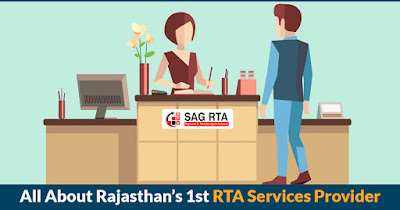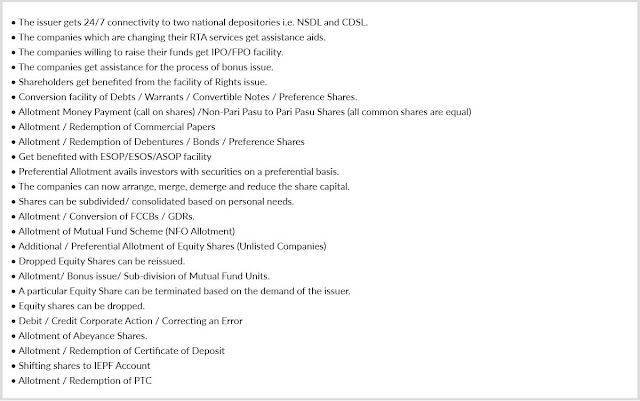What is Bonus Issue?
Most companies use to pay a bonus to their employees similarly some desire to pay the bonus to their shareholders as well. However there is no limitation that they have to pay shareholders with cash only, the shares can also be used to pay bonuses. But several times besides earning a good profit the companies did not become in the position of paying bonuses in cash, due to unsatisfactory cash position or its adverse effects on the working capital of the company.
The companies following the articles of association which allows bonus payments to the shareholders in the form of shares by transforming partly paid shares to fully paid or by issuing fully paid bonus shares.
If it goes with the dictionary meaning of bonus shares, it refers to ‘a premium or gift, usually of stock, by a corporation to shareholders’ or “an extra dividend paid to shareholders in a joint-stock company from surplus profit.” However, the bonus shares are neither dividend nor a gift in the legal context. Because it is governed by so many regulations that restrained bonus shares from being declared as a dividend or a gift. While Section 205 of the Companies Act, 1956 also not allow the issuance of bonus shares instead of dividends, expect its payment in cash as well. Pronouncing it as a gift is also wrong because reflect the past sacrifice of the shareholders.
Consequences of Bonus Issue
When a company earns huge profits and reserves, it does not mention the exact figures in the balance sheet. Consequently, the company’s real image considering its capital structure does not come upfront and the shareholders remain to get a fair return on their investment. Thus, if the company desires to pay additional profit to its shareholders, the Articles of Association can allow companies to do so by way of issuing bonus shares.
The bonus issue impacts two times, i.e:
The profit company earns and reserves get reduced with the issuance of bonus shares.
The company’s share capital that’s paid-up experiences a corresponding increase.
When a company issues bonus shares, it transforms the company’s accumulated profits and reserves into share capital which is further utilized in the business. While the process of transforming profit and reserves into bonus shares known as the Capitalization of Profits and Reserves.
Following are the cases responsible for the issue of bonus shares:
If a company managed to collect huge profits and reserves and wishing to capitalize these profits into business permanently.
If the company cannot announce a higher rate of dividend on its capital, besides possessing a sufficient profit, due to the Government imposed restrictions on the payment of dividends.
If the company can't promise a higher rate of the dividend because the shareholders will expect the same higher rate of dividend in the future also.
If the company cannot pass on cash bonus due to the unsatisfactory cash position and its adverse effects on the working capital of the company.
If the nominal value and market value of the company shares differs a lot.
Hence, the company issues a bonus to attain these objectives:
To equalize the amount of issued and paid-up capital with the capital employed to the business in order to showcase the real earning capacity of the company.
Lowering the abnormally high rate of dividends on its capital so that the problems such as labor demands for higher wages and the entry of new entrepreneurs owing to the attraction of abnormal profits can be restricted.
The shareholders can be paid bonuses without affecting the liquidity and earning capacity of the company.
The nominal value and the market value of the company shares become comparable.
The balance sheet to be corrected to reveal a realistic capital structure of the company.
Advantages of issuance of Bonus Shares:
(A) Advantages from the company’s point of view:
The capital of the company can bring a larger and more profitable business.
The company can get rid of market influences.
The bonus payment to shareholders in the form of shares, not in cash, maintained the liquidity of the company while the working capital did not get affected.
The company can utilize its profits permanently and its working capital also increases.
Bonus shares are the least expensive method of generating additional revenue for the expansion of the business.
The bonus issue of shares brings down the high rate of dividend which makes the company restrict the entry of new entrepreneurs into the business. Consequently, the competition reduces in the business.
The balance sheet of the company now produces a more clear and realistic view of the capital structure and the capacity of the company.
Advantages from the investors and shareholders point of view:
If noticed from the investor's and shareholders' point of view, generally they did not get much from the issue of bonus shares. Besides an increase in the number of shares certificates, their proportionate ownership remains intact in the company.
Other Advantages of the Bonus Issue of Shares impact Shareholders are as follows:
With bonus shares, the investors get availed with a permanent source of income.
Bonus shares reduce dividend rate, which in turn increase the total amount of dividend investor will get due to a larger number of shares.
If the investors wish to sell these shares, they can and enjoy an immediate cash payment.
Disadvantages of Issuance of Bonus Shares:
Following are the disadvantages of the issue of bonus shares
(1) The issue of bonus shares drastically brings down the future rate of dividend consequently the capital and earnings of the company decreases with the issue of bonus shares.
(2) The lowered future rate of dividend results falls in the market price of shares, which relatively brings unhappiness to the shareholders.
(3) The issue of bonuses reduces the reserves of the company which develops insecurity among the investors.







